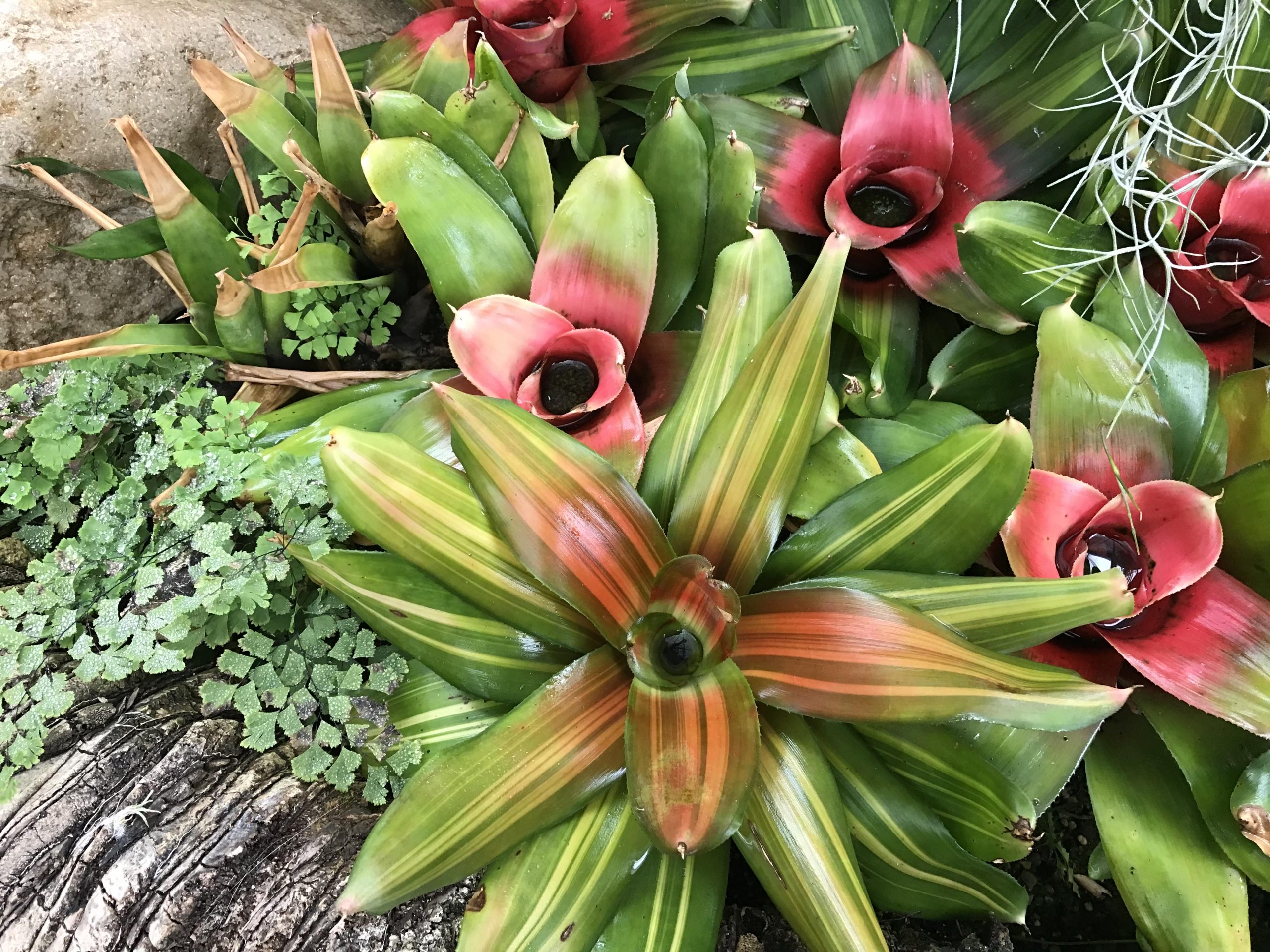Punk Elegance & Feminist Economy: The Formative Years
About 5 years into the project and still riding the wave of renewed political engagement and with an understanding for the supportive and dynamic role translation could play in budding social movements, Guerrilla Translators decided it was time to take things to the next level. We decided to formalise the workflow of the collective and turn Guerrilla Translation into an ethical means of livelihood for activist translators who were tired of the grind of the mainstream translation industry. Rather than continue sacrificing activist endeavours in order to make time for paid work, the idea was to bring paid work into spheres of activism. To do this, an open coop governance model would be needed to ensure that the activist burnout we’ve surely all experienced or witnessed would not be replicated in the Guerrilla Translation workplace. Based on principles of feminist economics, Guerrilla Translation founders Stacco Troncoso and Anne-Marie Utratel developed a model that placed care in the spotlight, ensuring that everyone would contribute to the health of the collective – and be compensated for it. Our model has changed slightly over the years, but by and large we have stuck with the original simply because it works. Our passion and craft is translation, but our approach to how we work together is just as important. Knowing this, GT’s founders continued to develop this model into DisCO (Distributed Cooperative Organisations), a flexible cooperative governance model based on the Guerrilla Translation experience, which can be applied to basically any endeavour to ensure that people are taken care of while engaging in their passion, trade, craft, activism, and so on. It took a lot of work to get there though.
Punk Elegance: How Guerrilla Translation reimagined itself for Open Cooperativism is the story of how we, as a collective, began to navigate the process of enshrining our unique, care-oriented approach to work in a fully functional, thoroughly documented, reproducible model. With the support of a Rethink grant, Guerrilla Translation was able to put together a dream team of cooperativists, designers, mediators, and thinkers and gather everyone in the Hervás, a village in the mountains of Extremadura, to examine GT’s mission, values and goals and reinvent the cooperative through a series of workshops. Through discussions on culture, power, care, legal structure, workflow, etc. the framework which Guerrilla Media Collective still follows today was pieced together. A development timeline was laid out and the meeting concluded with renewed creativity, focus and direction. Guerrilla Translation members wasted no time, drafting the first edition of our Handbook and looking for new members to expand the GT family. Three of us joined that autumn and never turned back.
As Guerrilla Translation started incorporating more paid work in addition to its on-going lovework (pro-bono translations), we began to take a keener interest in alternative approaches to economy. It was always crucial to not get wrapped up in capitalist systems and toxic relationships with money, but now we were ready for a deeper dive into the world of solidarity economy. One of our translations at this stage was Marian Díez’s impassioned closing speech at the convergence meeting of the World Social Forum for Transformative Economies, entitled Feminism and the Social Solidarity Economy: A Short Call to Action. In this speech, she argues that the solidarity economy must also be a feminist economy – otherwise it cannot fulfil its mission of sustainability and satisfying, dignified livelihood for all. Díez’s words have been extremely inspiring for our collective, as we face challenges while forging a path based on solidarity and feminism through a landscape plagued with capitalism and hierarchies. Today, we are not only proud to still be using and developing the DisCO model of cooperative governance, but we also participate in the Mercado Social and have used our pro-bono work and tiered pricing system to establish our own solidarity-based microeconomy with our clients and frequent collaborators. We continue to grow and implement new ideas, but 2018 still stands out as one of our most formative years. The Guerrilla Translation founders approached the establishment of our collective with a level of care and attention to detail that is precious and rare, and we continue to benefit from it to this day.

Produced by Guerrilla Translation under a Peer Production License.
– Article and photo by Timothy McKeon
